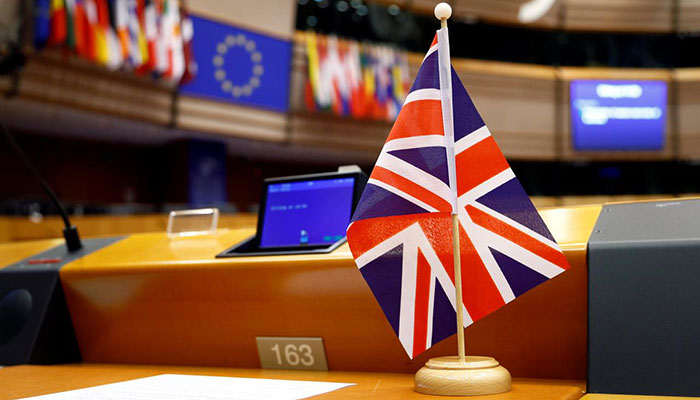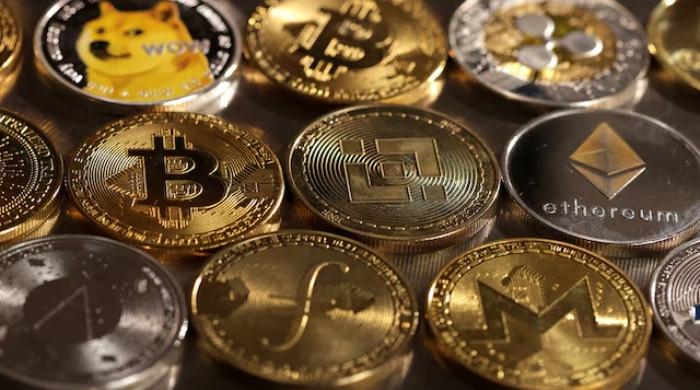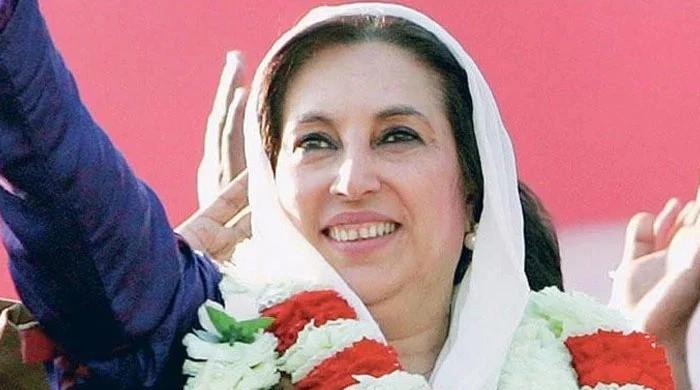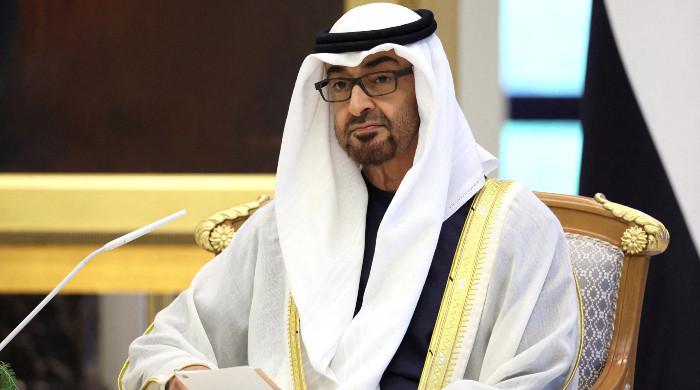Who will win the UK Elections and why?
A general election is scheduled to be held in United Kingdom on December 12
November 24, 2019

‘Who will win tomorrow,’? MD Geo News, Azhar Abbas, popped the question, on the eve of 2017 UK General Elections. He wanted to know if I was mentally prepared for every possible scenario and had guided the team accordingly.
It was late in the evening, after 10 days of intensive reporting and programming from London to Birmingham, Bradford, Manchester and Glasgow.
During that transmission, we had aired intense discussion with politicians, academicians and people on the streets. The theme was simple — what type of government did the people want and why?
In a few hours, the campaign was about to end. And, our last programme was being aired. Enjoying a cup of coffee, we were going through the checklist for the result transmission, along with the Head of PD International Baseem Baig. The studio was set-up on the open-air roof of Rafayal Hotel, overlooking the scenic River Thames.
Guests were lined up, equipment was tested and a mock had already been done. Considering the rain forecast, stand-by arrangements were also in place. But, a final check was still needed before going live, the next day.
By that time, almost every major media group had given predictions in favour of their candidate of choice.
Unlike Pakistan, the British media openly supports political parties. The left-leaning ones were in favourite of Labour, while the others predicted a Tory government. It was similar to 2016 when CNN projected Hillary Clinton while Fox, Donald Trump.
For the wider world, Theresa May was representing the British establishment. After all, she had served as the Home Secretary for a significant number of years. And, in that capacity, the Oxford graduate had hardly challenged conservative policies on national or international stage.
On the other hand, you had Jeremy Corbyn, a socialist who had championed the trade union politics for decades. He was known for divorcing his wife and defying party policies if they contradicted his ‘high principles’. To sum it up, Corbyn signified all the traits of an anti-establishment figure, both on the domestic and foreign front.
Much to the dismay of even his party fellows, Corbyn was increasingly becoming successful in proving himself as the voice of the voiceless.
Yet, he still somehow was not fitting into the global political scene of the time.
At least, I was unable to digest some facts.
First, Corbyn was too vocal about Hamas and Hezbollah. Both organisations play a pivotal role in creating hurdles in the American policy of creating the New Middle East. Corbyn was advocating that peace could only be achieved by talking to all sides.
The Labour leader was also all for preserving the Iran deal, better known as the JCPOA, which President Donald Trump portrayed as the “worst deal the United States had ever made.”
In addition to that, Corbyn was extremely critical of the then newly elected US president on many other issues as well. The firebrand leader had even gone on to say, “Trump should grow up and recognise the American economy actually depends on migrant labours. And, his abusive language towards Muslims is something that has to be challenged.”
Those words were in utter contrast to the ones that another Labour leader Tony Blair used to rhyme with George Bush. Clearly, Corbyn was anti-Blair. After all, he had led the 'Stop the War Coalition' that had gathered a million-plus people on the streets of London against US-led Iraq War, supported by Britain under Blair.
But, domestically, the central issue was Brexit i.e. the proposed exit of Britain from the European Union under the pretext of populist ideology, which was basically a classic example of a knee-jerk reaction.
Panicked under the influence of emerging United Kingdom Independence Party or UKIP (currently named as Brexit Party), ruling Conservatives had fallen in the trap.
May’s predecessor David Cameron had held a referendum on the issue. To his utter shock, the poorly guided public gave the nod for Brexit.
Failing to convince the nation that Brexit would be an act of ‘economic self-harm’, a humiliated Cameron resigned.
For May, who was equally anti-Brexit, it was a challenge to be in his shoes and deliver something wrongly promised. But, at the same time, her childhood dream was coming true.
So, as an in-house change, she took up the impossible task.
May invoked Article 50 of the Lisbon Treaty that initiated irreversible divorce proceedings from the European Union. The premature move was made without getting consensus in Parliament on the terms of the expensive divorce.
May further surprised the nation by calling snap elections on June 8, otherwise due in 2020. She claimed that the new elections would strengthen her position in Brexit talks starting mid-June.
But, the real question was, would Britain really divorce the European Union?
Some informed circles had already started talking of Russian meddling in British politics. They believed in the so-called ‘evidence’ that Moscow had funded the Brexit campaign.
But, they had no answer as to how that wave had widely influenced Labour and Tory circles and remained dead silent of the possibility of any meddling from the US in keeping the rebellious Corbyn at bay.
With that background, I instantly replied, that ‘anyone but not Corbyn will win elections'.
Eventually, a hung Parliament appeared as Labour could add only 30 seats. Despite losing 13 members and a majority, Tories formed a coalition government with the Democratic Unionist Party (DUP).
May oversaw one Brexit motion after another in the House, only to be defeated and so she faded away.
By calling snap elections, her successor Boris Johnson also played the same gamble.
Come December, the UK heads for another hung Parliament. But, who will lead?
And will there be an impact of open meddling in British politics by US?
After all, the US President has taken a clear side. To stop Labour coming into power, he has solemnised the wedding of Eurosceptic Tories with Brexit Party.
If Trump’s wish does come true, Britain will surely exit European Union.
That move has the potential to further alienate Northern Ireland and stimulate another independence referendum in Scotland. This domino effect will equally strengthen separatists in Wales, resulting in disaster and reduce UK into mere England.
Those who have widely travelled across England know that other than London, there are only a few pockets of developed areas in some major cities. Any sensible person will doubt that a permanent UNSC member can afford reducing itself to that toothless position.
The most likely scenario is an alliance of Labour, Liberal Democrats and the Scottish National Party (SNP). At least, on Brexit, their positions are very similar. Labour wants to renegotiate the Brexit deal and then hold a referendum. While the Liberal Democrats and the Scottish National Party are vying to reverse the whole Brexit process. Other differences can be sorted out.
A Labour-Liberal Democrat-SNP coalition government can be a Christmas gift to the British people and a blow to all those who want to destroy the European Union.









